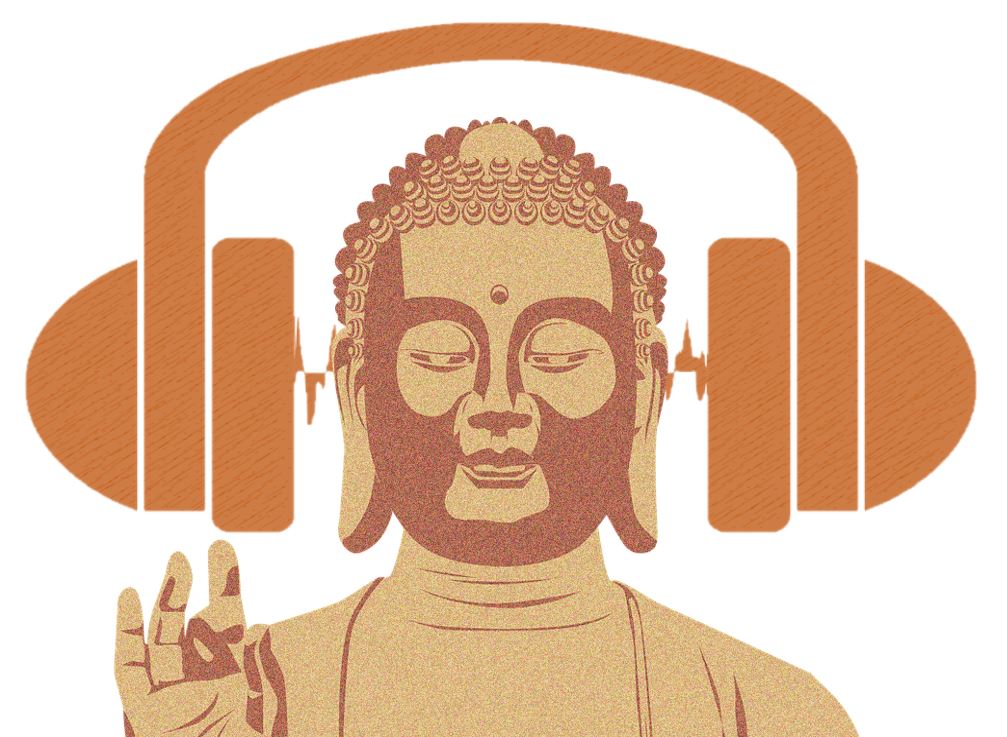
Awakening, or Enlightenment, is considered the point of liberation when a practitioner exits the Wheel of Suffering associated with daily life. The biographies of those who practiced directly with the Historical Buddha are filled with stories of Awakening and Enlightenment…while meditating, listening to a dharma talk, during the course of daily monastic life.
It’s reasonable to ask if this profound notion of liberation – where the mind is purified of all obstacles, limitations and suffering – is relevant and realistic today for the community practitioner?
This evening will explore the meaning and different models of Awakening or Enlightenment. It will examine a working model that may help us reframe our understanding and experience of this important potential in our lives, and provide for a more satisfying practice and life.
